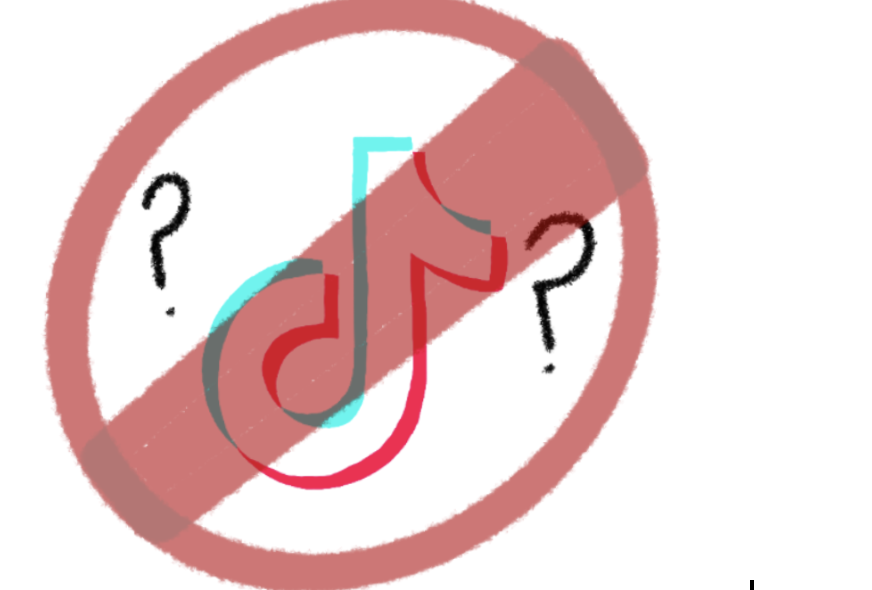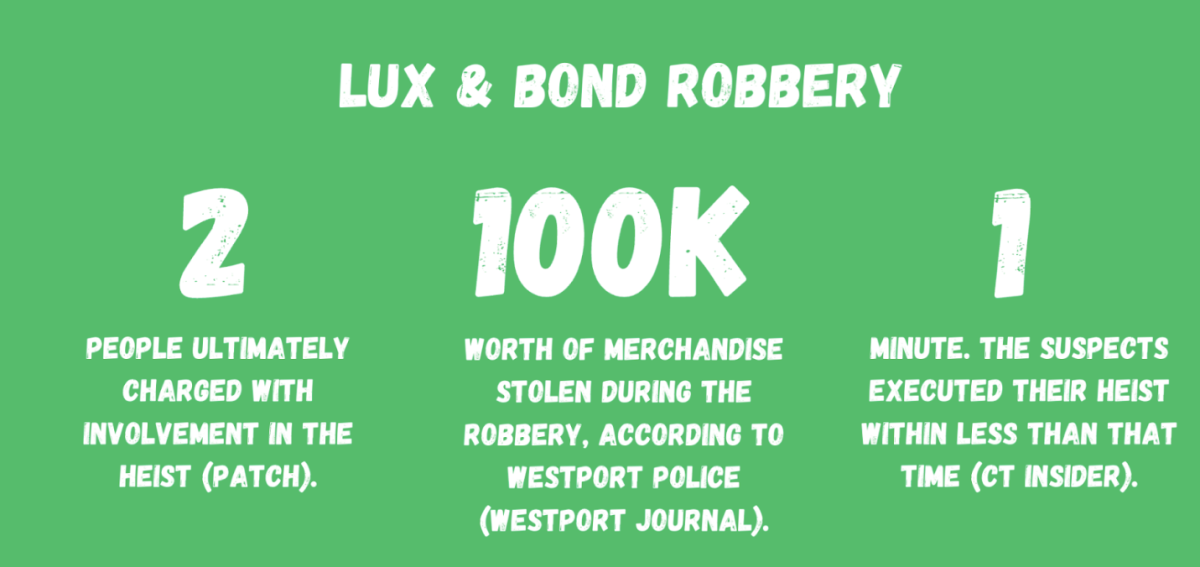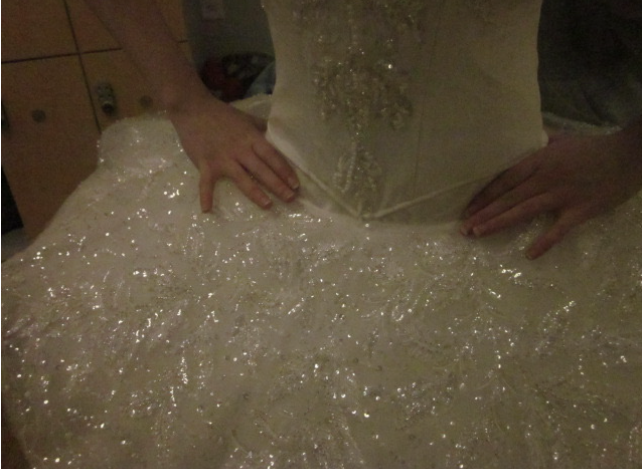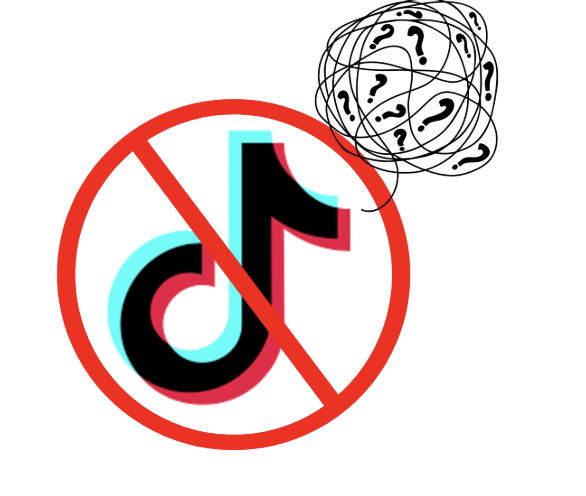 Dear Editor,
Dear Editor,
For full disclosure, I am President and Founder of the Young Republicans Club and a proud American patriot. I recently read the Inklings spread concerning the Pledge of Allegiance and felt that there was a decided lack of oppositional viewpoint. There was no person asked in detail about why they stand for the pledge, what it means to them and the general significance of patriotism as a part of Staples High School.
Upon further conversation with friends and peers, I came to the realization that many were not in fact proud to be Americans. Whether this is a result of the media, the general dissatisfaction with the past administrations of the US government or Staples classes that demonize the American past as a country founded by predominantly white, male, European Christians is irrelevant. The sad truth is that less and less do high school students—at least in Westport—value the fact that they are Americans.
I firmly believe in the greatness of America, and that it should be celebrated. When a student says the Pledge of Allegiance in the school, that student is becoming a member in a national community. Many states mandate the saying of the pledge, and others, such as Connecticut, attempt to foster an atmosphere that should allow for the Pledge to take place. However, many treat this tradition with disrespect. There are a few valid reasons given for not saying the Pledge of Allegiance, most of which were stated in last issue’s Inklings spread, ranging from lack of United States citizenship to atheism to a disagreement with American policies. I personally disagree with the last two modes of reasoning; however I respect that students have the right not to say those lines or even the entire pledge because of their beliefs. There is a difference, however, between not saying the Pledge and being disrespectful. Some people purposefully misspeak the pledge, or talk to their friends through/over it.
This is simply a matter of respect, and lack thereof. Obviously not everyone would like to say the Pledge, but it should be a time in which everyone who is not participating is at least polite. Whether or not a person feels that they want to say the Pledge of Allegiance for any reason, there is no reason to disrespect those who feel that it is their moral responsibility to say it.
However, the issue in question was not the saying of the pledge but standing for it.
This is an issue of what should be much less controversial. While many people disagree with the content of the Pledge, students should be encouraged, if not mandated to stand. This is not out of deference to God as in “under God” nor for American policies at home and abroad but out of once again just simple respect.
The Pledge, perhaps because of its everyday occurrence, seems pedestrian.
It happens during the second period every day at about the same time and because of that people feel that it is not a special occurrence. Familiarity breeds contempt, and the constant reiterations of the Pledge of Allegiance has allowed students to stop caring about each individual saying. Students sit down not out of any political or ideological motivation but, for the most part, laziness.
Standing for the Pledge only gives the American flag, the American nation, and the American students who are actively participating a modicum of respect. This respect is noticed and appreciated by those who stand and proudly recite those lines. Whether or not you believe in the pledge, stand and support your classmates, because like it or not you live in America.
Sincerely,
Eric Wessan ’10














































K • Mar 17, 2010 at 8:10 pm
jeez louise, the united states is a bit over 200 years old. there have been advanced civilizations spread all across the globe for thousands and thousands of years, nationalism is a complete illusion.
whoever wrote this takes absolutely everything too seriously